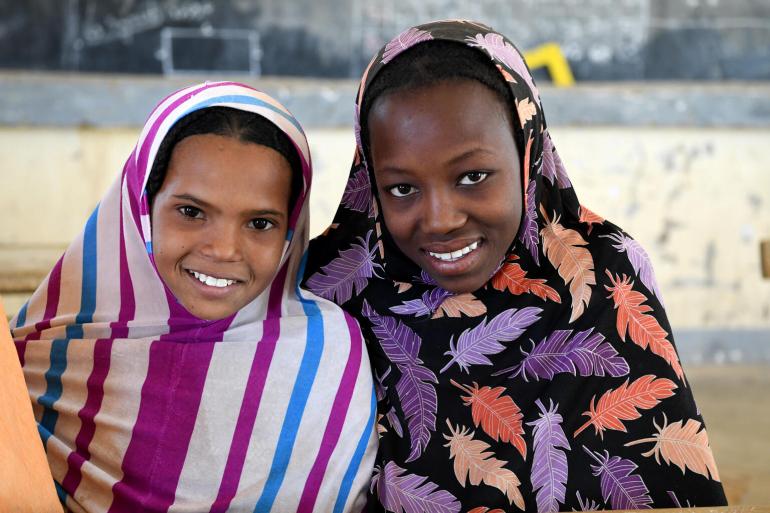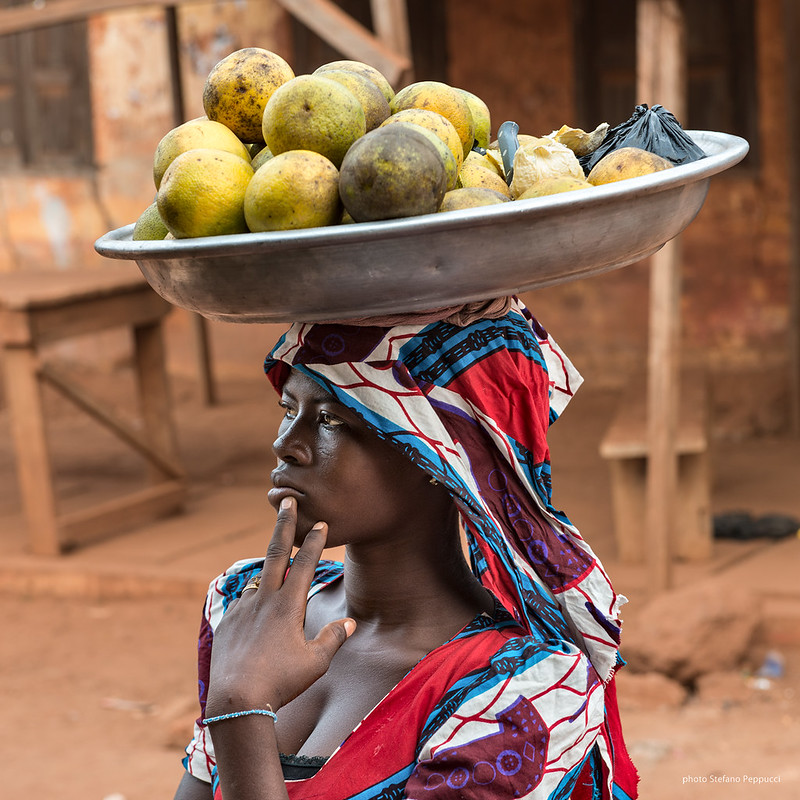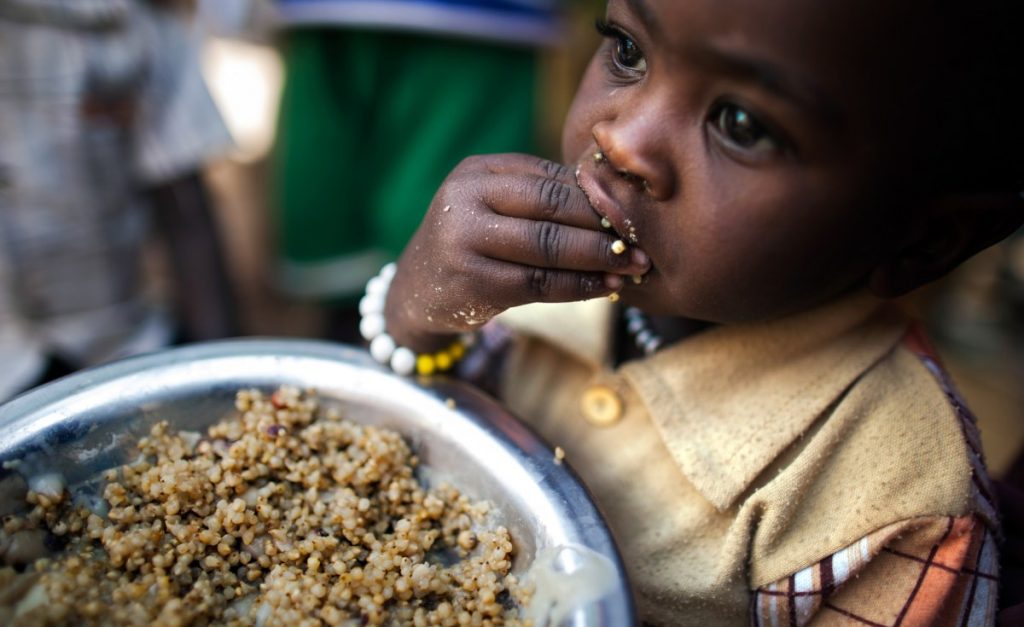The war in Ukraine and its ensuing economic disruptions have raised concerns about global food security. In parts of Africa that have seen ongoing famine and other threats to food security, the spike in global food prices due to the war poses additional threats in the region.
Women and girls on the African continent, who face heightened risk due to higher poverty rates, could be particularly harmed by the increase in food prices. Without adequate intervention by African governments and international donors, Russia’s invasion of Ukraine could exacerbate existing food crises in Africa, with a disproportionate impact on women and girls.
Governments and international actors should increase assistance with a specific focus on reaching women and girls. This would ensure that immediate needs are met while strengthening agricultural development and trade in Africa to promote women’s economic empowerment and resilience against future shocks.

More than four months into the invasion of Ukraine, the war has sent global food prices climbing at an alarming rate. To be sure, prices were at a 10-year high before the war. But in the weeks following the invasion, food prices rose to their highest in 60 years, with the United Nations food prices index up by nearly 13% in March. Experts predict prices could rise by as much as 20% by year’s end.
Rising barriers to food access are particularly concerning for Africa, as the continent faces a series of droughts and agricultural crises brought on by extreme weather, conflict, and COVID-19-related supply chain disruptions. Between 2015 and 2021, the number of Africans needing food assistance ballooned from 7 million to 27 million.
The rise in food prices could disproportionately impact African women and girls, who are more likely to live in poverty. In 2021, there were 249 million women and girls in extreme poverty in sub-Saharan Africa. Although women play a key role in promoting food security on the continent, they have less access to assets and income and are less economically secure than their male counterparts.
A substantial share of employed women in Africa work in agriculture, often at lower levels of productivity than men, due to unequal access to agricultural inputs such as seeds, fertilizer, and extension services. Among women working in nonagricultural jobs, most are employed in the informal sector or in female-dominated occupations that earn significantly less than formal and male-dominated jobs.

With fewer resources than their male counterparts, women on the African continent may be more likely to spend a greater share of their income on food for their households. As price increases make food less affordable, women may try to cut costs by purchasing cheaper foods with less dietary diversity or reducing their own food consumption. Increases in food prices could ultimately result in declines in nutrition and well-being for African women and their households, particularly children.
Additionally, some experts predict that as food becomes more scarce, young girls may be increasingly vulnerable to gender-based violence and forced early marriage. To address the immediate risks the war in Ukraine poses to Africa’s food security, a group of 11 humanitarian organizations have called for an additional $4 billion in aid funding to provide adequate food assistance on the continent.
In addition to boosting aid, international actors and organizations should work to ensure information about food and other forms of aid reaches women, as they are often not informed about where to receive food aid when available, or may be restricted from registering for aid in some communities. Targeting food aid to women could yield broader benefits because women are more likely than men to share food rations within their households.
In the medium term, there is a need to improve small-scale women farmers’ access to productive inputs such as fertilizers. Doing so could boost local agricultural production and promote resilience to food price spikes and other economic shocks. To promote long-term resilience and food security, African governments and international partners must invest in building infrastructure that will better enable agricultural trade across the continent.

Increased intra-African trade can bolster food security and reduce Africa’s vulnerability to global shocks, but such trade is hampered by poor infrastructure, among other things. Improvements in roads, transportation, and cross-border trade environments can reduce regional trade costs and improve conditions for women, who make up the majority of informal cross-border traders across Africa.
Without action by African governments and international partners to stem food security risks, the continent could see mass hardship and disruption reminiscent of the global food price crisis of 2008-09, where some evidence suggests female-led households were more likely to experience negative economic shocks as a result of food price increases.
Although multilateral institutions and African governments launched several initiatives in response to the 2008 crisis, most of these initiatives lacked adequate funding, did not address structural inequalities in the food system, and failed to promote women’s economic empowerment as a priority.
As the war in Ukraine rages on, African policymakers and international actors must work to ensure the ripple effects of food price increases do not drive millions of Africans, particularly women and girls, further into food insecurity and poverty.


